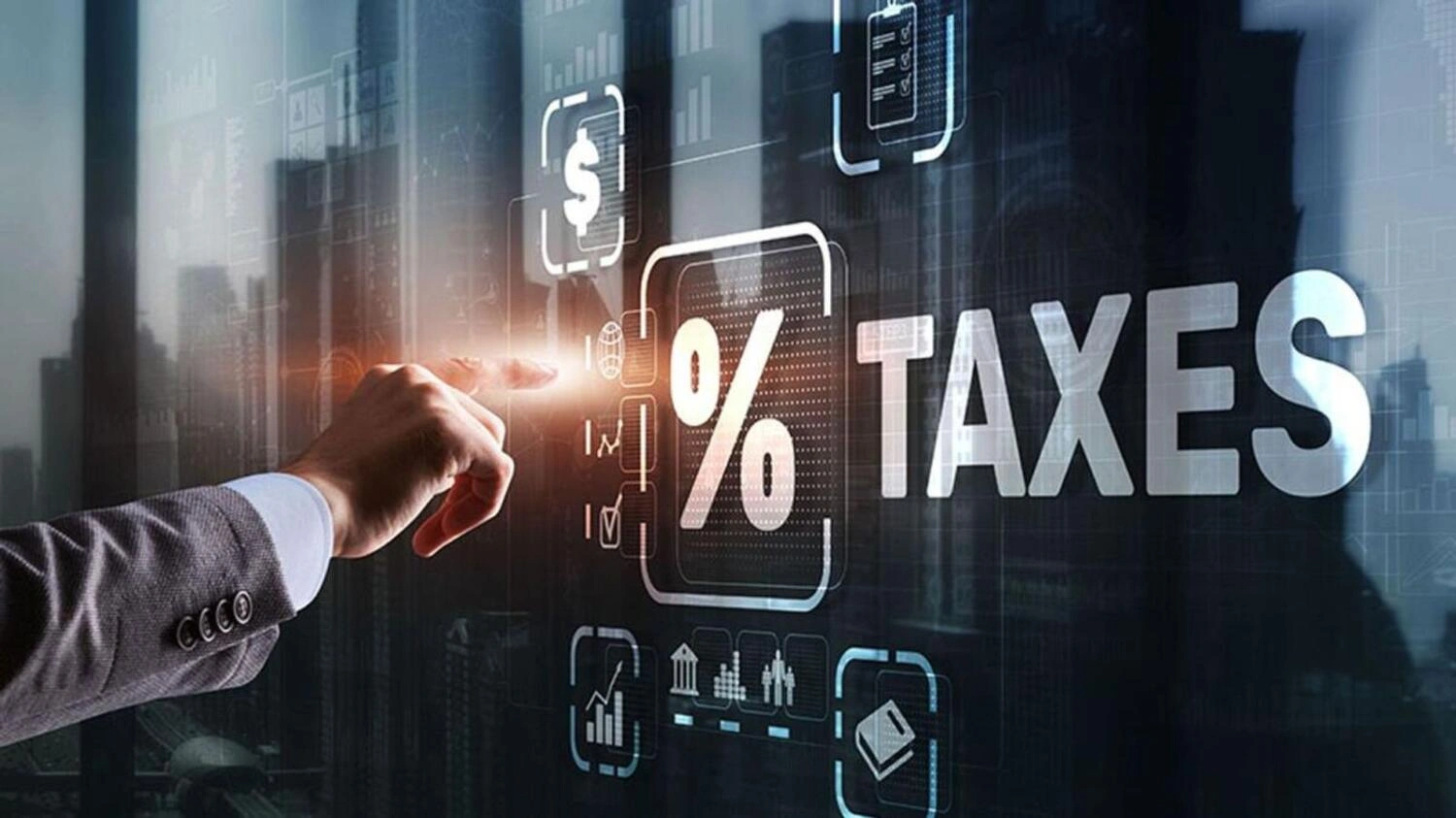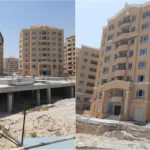The UAE and other Gulf Cooperation Council (GCC) countries could boost their revenues and diversify their economies by introducing new taxes, according to the International Monetary Fund (IMF).
The IMF’s latest Gulf region report suggested exploring options like property taxes, luxury taxes, and environmental levies to enhance revenue as the region shifts its focus away from oil dependency.
GCC nations are actively expanding their tax base to increase earnings. So far, they have introduced value-added tax (VAT), excise taxes, and corporate income taxes to reduce reliance on oil revenues.
Key Tax Changes in the GCC
A significant drop in oil prices over the past decade led to sweeping tax reforms in the GCC. VAT is now applied in Bahrain, Oman, Saudi Arabia, and the UAE, while excise taxes are enforced in all member states except Kuwait.
Oman has also announced plans to introduce income tax, becoming the first GCC country to consider taxing individual earnings. Some nations have implemented a 15% minimum domestic tax for multinational corporations.
Simplifying Taxes for Better Collection
The IMF emphasized the importance of simplifying tax systems to improve collections. Implementing taxes is a complex process that took decades in developed economies. For Gulf nations, introducing taxes is relatively new. Governments are still updating laws and building modern systems to ensure compliance and efficiency.
The IMF pointed out that the GCC lags behind in mobilizing tax revenues compared to other emerging and advanced economies. However, these efforts align with reducing dependence on oil and stabilizing their economies. Corporate income tax reforms have gained momentum, driven by global tax changes and revenue diversification needs.
Resilient Economies Despite Challenges
The IMF noted that GCC economies have shown resilience to recent challenges and have a positive outlook. Non-oil activities, supported by reforms, have driven growth. Easing oil production cuts and natural gas expansion are further aiding recovery in the hydrocarbon sector. Meanwhile, inflation remains low, and external financial reserves are strong despite narrower current account balances.
Amid regional conflicts involving Israel, Hamas, Iran, Syria, and Lebanon, GCC nations have remained stable. Trade, investment, and tourism in the region have largely been unaffected, with export volumes recovering to historical levels.
The UAE, for instance, recorded a robust 3.6% real GDP growth. This was driven by tourism recovery, supportive policies, capital inflows, and increased government spending, which offset declines in hydrocarbon-related growth.





